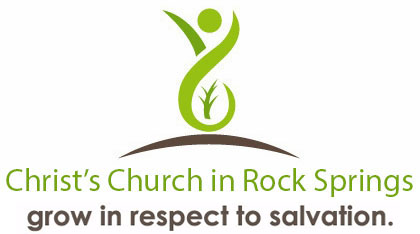In his last known letter to Timothy, Paul gave his young coworker instructions to continue the spreading of the gospel.
preach the word; be ready in season and out of season; reprove, rebuke, exhort, with great patience and instruction. For the time will come when they will not endure sound doctrine; but wanting to have their ears tickled, they will accumulate for themselves teachers in accordance to their own desires, and will turn away their ears from the truth and will turn aside to myths. But you, be sober in all things, endure hardship, do the work of an evangelist, fulfill your ministry.
-2 Timothy 4:2-5
Although Paul was writing to Timothy, these commands were not only directed to him. Paul had already told Timothy to “entrust [the things he heard from Paul] to faithful men who will be able to teach others also” (2 Timothy 2:2). This requires knowledge, biblical and extra-biblical (i.e. archaeology and cultural study), so we are prepared “in season and out of season.” Another term of this is biblical scholarship.
Too often, the church has the wrong idea of what a biblical scholar is. Scholars, we imagine, are formally trained academics. True biblical scholarship only requires a love of God’s Word combined with a desire to know everything we can about it. As we pursue this, our faith and understanding is strengthened which means we will be less likely to “turn aside to myths.” Christians need to be more informed about what the Bible says than the latest television series or what their sports teams are doing. We need to be “hungering and thirsting for righteousness.”
However, since we are separated from the Bible times and cultures, we need outside information to help us better understand some things in Scripture. Scholarship that is not growing is dying. As information is discovered and updated, it is our responsibility to update our information too. Consider archaeology. Much work has been done over the past few decades that clarifies Ancient Near Eastern culture and history. If we only rely on 1970’s archaeology, our understanding will be off-track and possibly incorrect. Each and every Christian is responsible to pursue a clear up-to-date understanding of findings related to the Bible. Thus our congregations will be able to answer the criticisms of the non-believing communities around us.
There are well-educated people who force their ideas into the Bible; this is not true Biblical scholarship but arrogance instead. God’s people must be humble students of the Word. No matter how much we learn, our opinions do not matter. God’s opinions do. The purpose of growing in scholarship is to understand God better not to look smarter to others. We must be “sober in all things.” Keeping a clear head is necessary. If our minds are so full of God’s Word that we seek His will in all things, the world’s allure will not tempt us as easily.
Biblical scholarship is not only for those in academia but for every Christian. It should lead us to a growing love for God and His people. It should help us to serve God better because we will understand more about who He is. This understanding does not have to lead to arrogance as long as we use it to promote God and not ourselves. Failure to grow in our biblical knowledge could have dire consequences.
